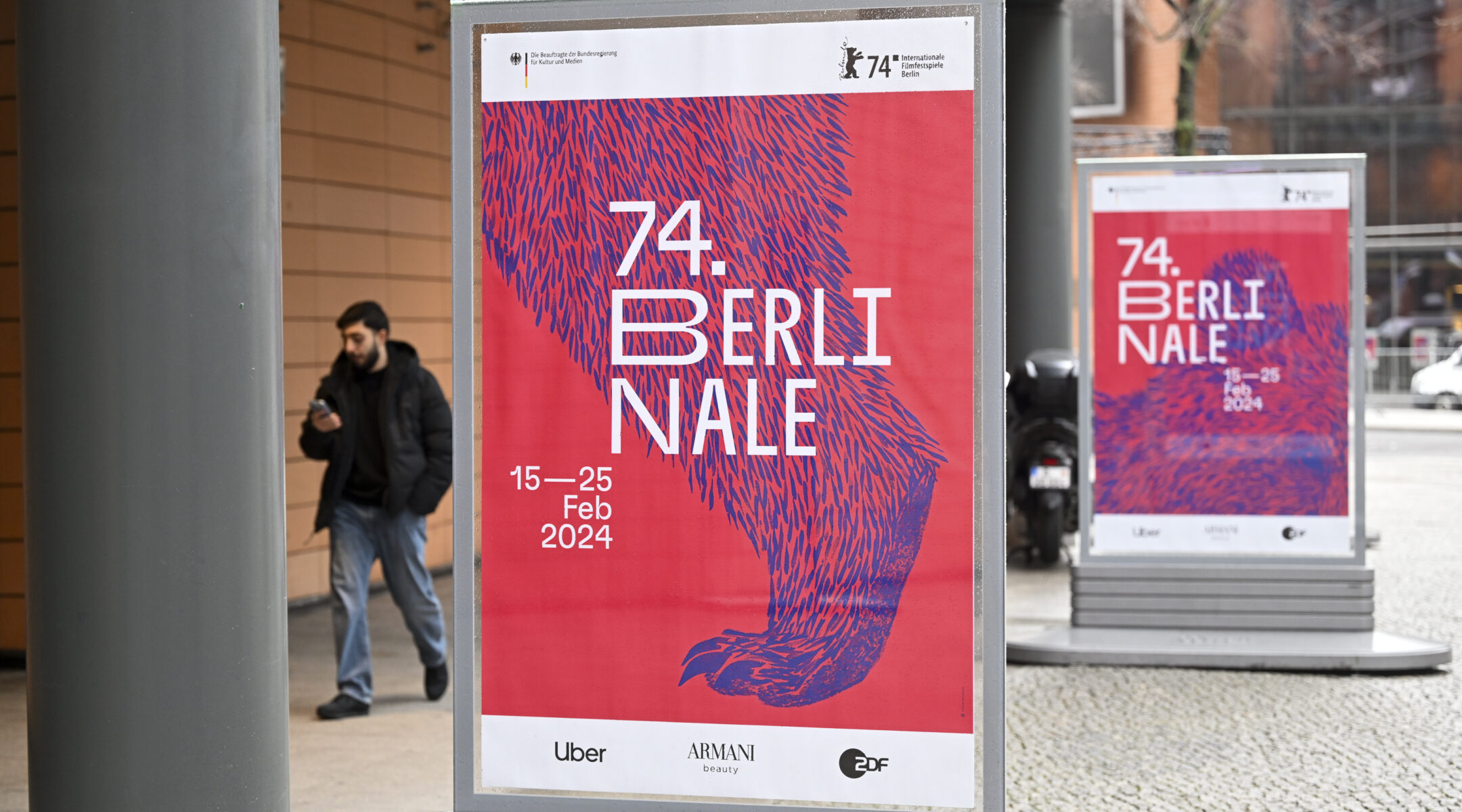BERLIN (JR) – Germany’s major international film festival has turned the spotlight on the country’s biggest far-right political party, saying they are not wanted at festival’s upcoming gala launch.
The Berlinale festival announced Feb. 8 that it had disinvited five politicians from the far-right Alternative for Germany party from the opening event. The 10-day film festival, one of the largest such events worldwide, begins Feb. 15.
The anti-foreigner, anti-European Union party has come under renewed scrutiny amid recent revelations about a secret meeting last November where prominent neo-Nazis, AfD representatives and a handful of mainstream conservative politicians discussed a proposal to deport foreigners who commit crimes, including those who had become German citizens.
For many Germans, the meeting — held at a lakeside villa — conjured memories of the Wannsee Conference, where the Nazis plotted the “final solution” that involved murdering Europe’s Jews. The head of the Central Council of Jews in Germany, Josef Schuster, said it showed “what a great danger the AfD and its supporters pose to our free, democratic society and our peaceful coexistence.”
In a press statement, the Berlinale’s directors noted there had been “an intense discussion” in the public forum and within the festival team, leading up to their decision.
“Especially in light of the revelations that have been made in recent weeks about explicitly anti-democratic positions and individual politicians of the AfD, it is important for us — as the Berlinale and as a team — to take an unequivocal stand in favor of an open democracy,” the Berlinale’s director duo, Mariëtte Rissenbeek and Carlo Chatrian, said in a press statement explaining their decision. “We have therefore today written to all previously invited AfD politicians and informed them that they are not welcome at the Berlinale.”
The festival management’s decision reportedly came after a petition signed by a broad variety of people in the film industry, calling on them to keep the AfD off the red carpet. The petition is no longer online.
AfD politician Kristin Brinker, a member of the Berlin House of Representatives, told the Berlin Morgenpost newspaper that she was “astonished” to have been invited and then disinvited.
She said it was “tantamount to disinviting the entire AfD and we have been completely excluded from one of the most important cultural events in this city, if not this country.”
In their statement, the Berlinale said the debate about how to respond to the far right “must be conducted across society as a whole and together with all democratic parties,” they said.
Nicola Galliner, founder and longtime director of the Jewish Film Festival Berlin-Brandenburg, told the Jewish Telegraphic Agency that she endorsed the Berlinale’s decision.
“The Berlinale is a political festival,” she said. “They caved in to pressure from the outside, but I think it’s quite right, what they are doing.”
True, the AfD politicians were democratically elected, but the exclusion “sets an example, to say we do not approve of their party politics,” said Galliner, who had heard about the petition but not read it.
This year’s Berlinale also drew criticism after news emerged that it had turned down German director R.P. Kahl’s feature film about the Frankfurt Auschwitz trials of SS members in 1963 and 1964, based on the play “The Investigation,” by Peter Weiss, who observed the trials.
The reported reason for the rejection was that there were already films about the Holocaust in the program: Two of them are classics and the third, a new film by Andreas Dresen, deals specifically with German resistance to the Nazis.




